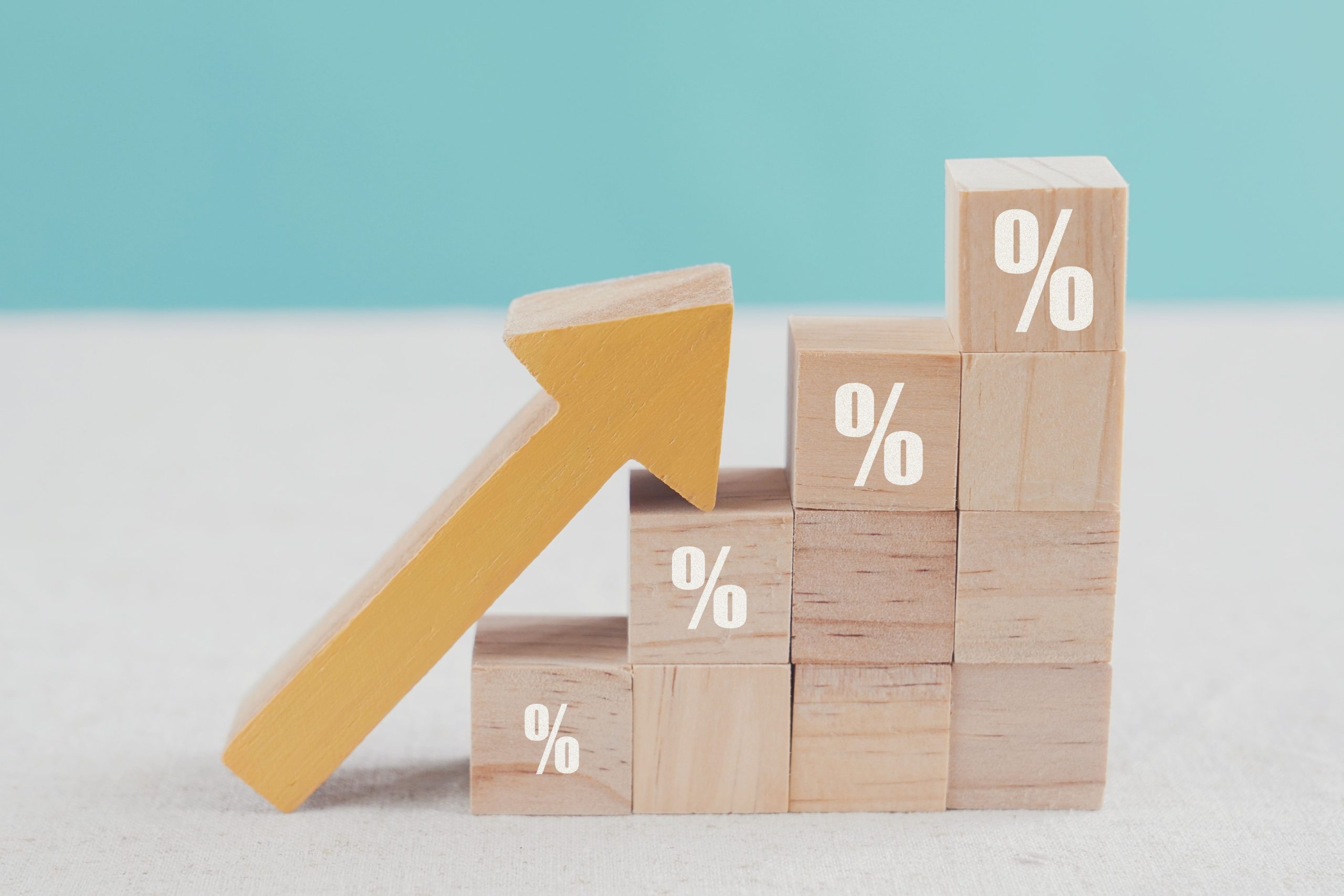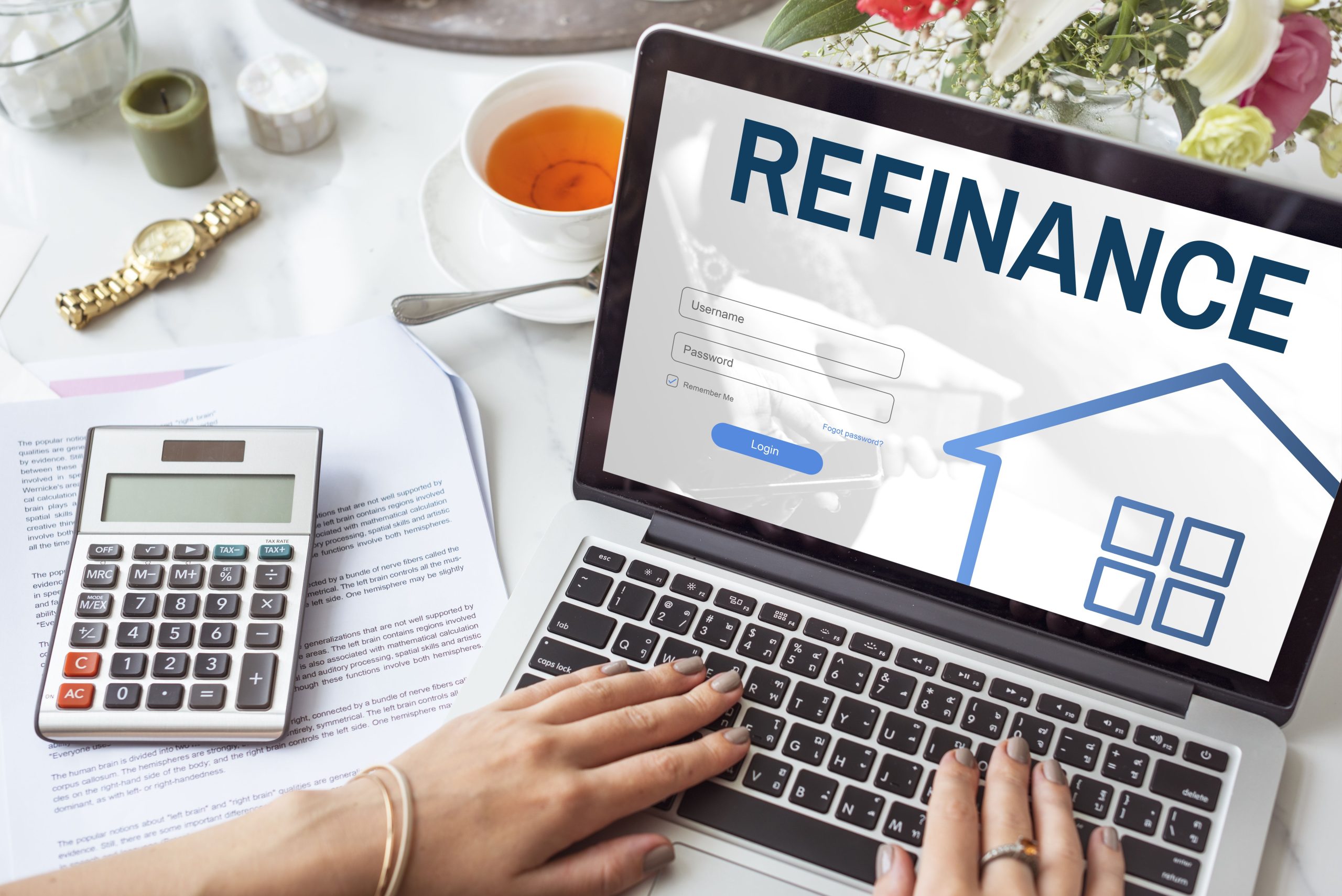At Reliant Mortgage, we understand that loan officers are the backbone of the mortgage industry…

5 Things To Look For When Buying A Home
Buying a new home is an incredibly exciting yet daunting process! In order to make the process as stress-free as possible, we’ve outlined our top things to look for when purchasing a new home! Before starting your search, we’d recommend making a clear plan as to what your deal breakers are. Consider what you’d like to see in terms of a roof, bedroom count, countertops, windows, or energy efficiency, as this can save you time in identifying which homes to actually check out.
- Check Out The Roof
The roof is an essential aspect of a home, and a roof that looks like it’ll be in need of repair soon is likely to cost you a pretty penny. However, if the roof is new or is made of a great innovative material, you could get a lower homeowner’s insurance rate and save money in the long run!
- Location, Location, Location
While you will be able to doctor many things about a home, one of the things you cannot change is its location. Before even stepping into the house, identify the characteristics of the neighborhood; whether the area is prone to issues such as flooding and wildfires, and even more minimal concerns such as the location of the driveway and any surrounding fences.
- Structural Integrity of the Home
You’ll want to be on the lookout for any signs that the foundation of the home is in trouble. These signs include cracks in the walls or floors, doors and windows that stick when you open them, bowing basement walls, water intrusion, or sinking front porches. These issues can incite costly repairs down the road, and many will be unnoticeable unless you’re on the lookout for them. You’ll also want to consider the pros and cons of structural insulated panels versus concrete construction.
Also check out the siding for peeling, cracks, or signs of decay, as well as any problems with asphalt roof shingles. The exterior of the home can actually tell you a lot about how the house has been taken care of over the years, so check for cracks or any water damage that has been covered up by paint (causing mold to grow). Uneven flooring is another consideration, as ripping out a floor to replace it is quite expensive.
Finally, considering the home’s HVAC system will help to inform your decision, as you’ll have to weigh the costs of replacing the system if you’re unsatisfied with the current one. On the other hand, if the home has an energy-efficient system, this can be a great draw to the home.
- Consider the Kitchen
Kitchens are a central location in the home, and a great kitchen can add tremendous value to a home. When you walk into the kitchen, immediately check out the countertops, since they can be expensive to replace. If there’s a laminate countertop that makes the space quite outdated, consider the marble or quartz countertops cost to decide how much a countertop upgrade will cost you. Next, the flooring is important to consider as they undergo a lot of wear and tear. Properly installed and uncracked tile is a great sign, as is vinyl flooring.
The cabinets, drawers, and hardware can all be easily painted or altered, so these shouldn’t have as large an impact on your decision.
- Consider the Insulation
The insulation of a home will determine how comfortable you are in the home throughout the seasons as well as how high or low your energy bill will be. Check for double-paned windows, healthy water pipes and heating ducts, and a properly insulated attic. This should help ensure that your home and airflow are protected from the outside world.
Buying a home is an incredibly exciting decision! With that being said, taking precautions and looking out for these five aspects should help streamline the process and make it much less stressful for you. A new home is a huge investment, and thus it’s well worth the time it takes to ensure you’ve covered all of your bases before purchasing.
Matt Lee is the owner of the Innovative Building Materials blog and a content writer for the building materials industry. He is focused on helping fellow homeowners, contractors, and architects discover materials and methods of construction that save money, improve energy efficiency, and increase property value.




